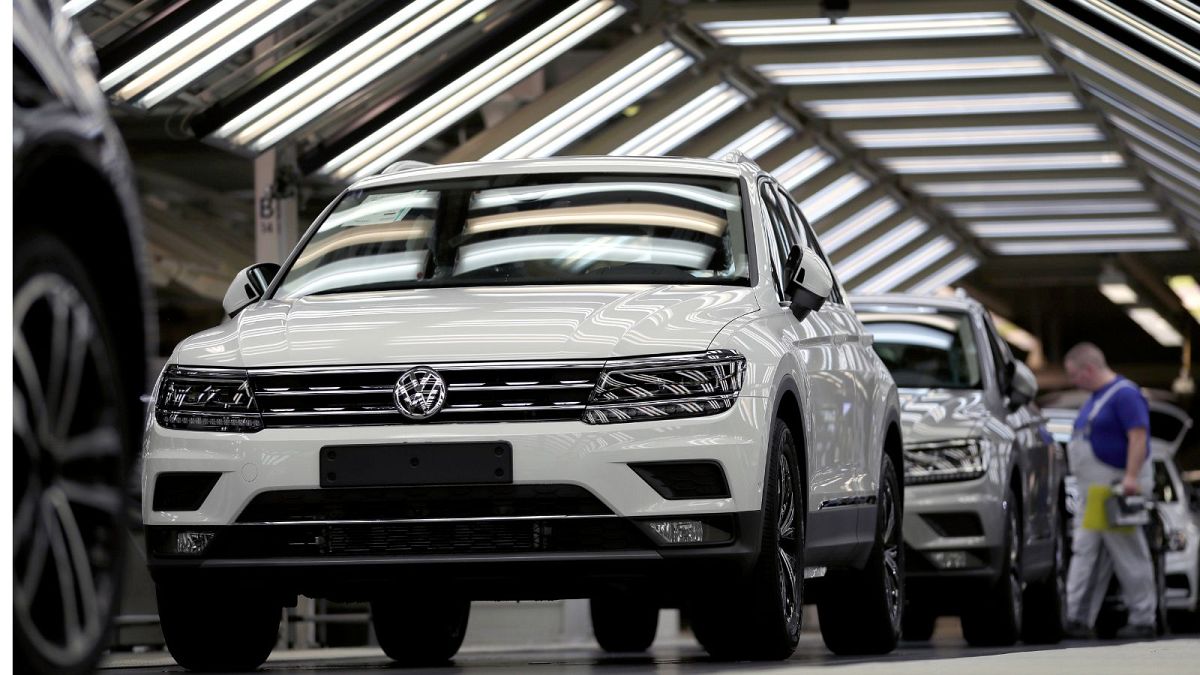Europe’s car industry has been battling against the transition to low carbon technologies, the degradation of supply chains, increased competition from Asia, and decreased demand for electric models.
MEPs have held a debate on the crisis threatening the European automotive industry as car manufacturers across the continent face factory closures brought on by sluggish sales.
High on the agenda was the issue of electric vehicles and the EU’s framework for a transition to zero emission vehicles with a 100% zero emission cost target by 2035.
As part of that plan, the legal limit for cars’ CO2 emissions is due to fall by nearly a fifth to under 94 grams per kilometre next year — a deadline the car industry now says it cannot meet due to a dip in electric sales.
But Brussels remains steadfast in its position on electric vehicle production, claiming the car industry has been given enough time to transition.
“The target has created certainty for manufacturers and investors. It has also provided enough time to plan for a fair transition. According to the International Energy Agency, one out of five cars sold in 2024 is set to be electric. Europe cannot afford to fall behind and lose its competitive edge in this race. Norway can leave any strategic vulnerabilities exposed,” Maroš Šefčovič, Executive Vice-President of the European Commission, said during his opening statement in parliament.
Šefčovič’s comments were met with criticism from some of the other parties present, with Jens Gieseke of the EPP claiming that the focus on electric cars is a ‘dead end’.
Gieseke said the EU should instead be looking at a broader mix of technologies.
Meanwhile, the European carmakers remain under intense pressure from China.
Despite the recent approval of EU tariffs on China-made EVs, it still has a strong foothold in Europe, strengthened by its ability to produce electric cars at a much cheaper rate.
“China is outpacing us in every way. Chinese electric cars are significantly cheaper. And to put it bluntly, they simply have taking the lead in this technology. We need to make the electric car competitive again,” said Mohammed Chahim, MEP for the Netherlands Socialists & Democrats.
“We need flagship projects to enable this. For example, by investing in the European battery industry in joint undertakings. We can secure quality jobs, support local economies and reduce our dependencies on external powers,” he added.
An EU-requested report said the economies across the 27-nation EU would need a boost of up to 800 billion euros to lead the bloc through a clean energy transition and prepare for effective competition with its global trading partners.
Read the full article here


